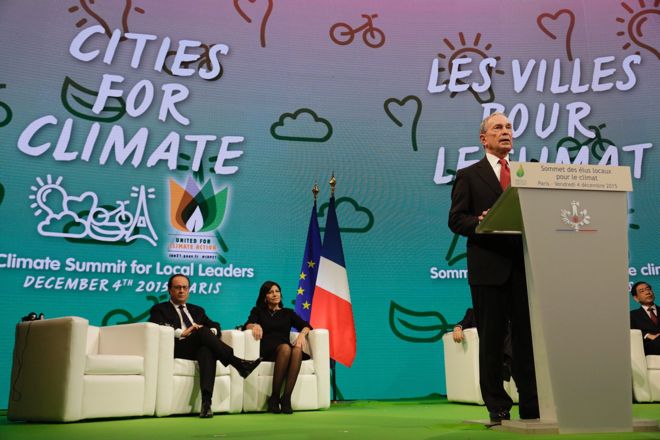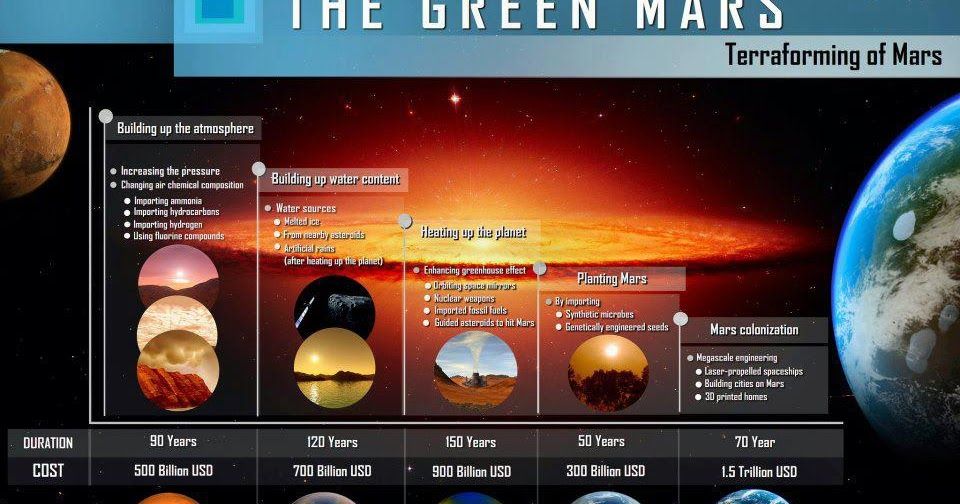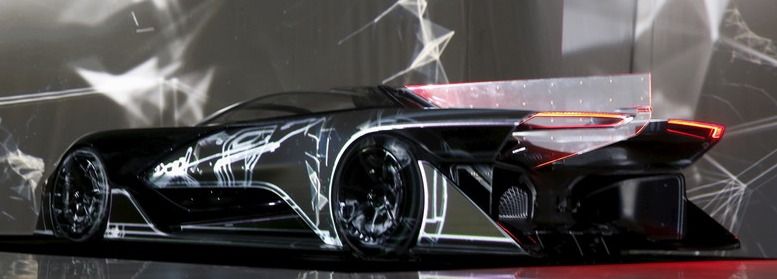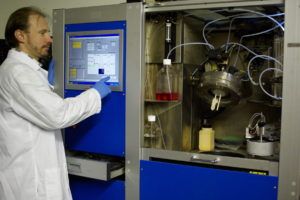“The clothing industry is said to be the world’s second most polluting business, runner-up in grubbiness to oil.”


“The clothing industry is said to be the world’s second most polluting business, runner-up in grubbiness to oil.”

“Bloomberg, an entrepreneur and former mayor of New York City, and Pope, a lifelong environmental leader, approach climate change from different perspectives, yet they arrive at similar conclusions.”

Mushroom buildings, jurassic park and terraforming.
Did you ever hear about synthetic biology? No? Imagine that we could alter and produce DNA from scratch just like an engineer. Doesn’t it sound like one of the greatest interdisciplinary achievements in recent history?
Think about it, a bio-technologist is doing more or less the work of a programmer but instead of using a computer language he’s doing it by arranging molecules embedded in every living cell. The outcome, if ever mastered, could reshape the world around us dramatically.

If all the solar incident on Mars were to be captured with 100% efficiency, then Mars would warm to Earth-like temperatures in about 10 years. However, the efficiency of the greenhouse effect is plausibly about 10%, thus the time it would take to warm Mars would be ~100 years. This assumes, of course, adequate production of super greenhouse gases over that entire time. The super greenhouse gases desired for use on Mars would be per fluorinated compounds (PFCs) as these are not toxic, do not destroy ozone, will resist degradation by ultraviolet life, and are composed of elements (C, S, and F) that are present on Mars. Fluorine has been detected on Mars by Curiosity.
The Warming Phase of a terraforming project on Mars results in a planet with a thick CO2 atmosphere. The thickness is determined by the total releasable CO2 present on Mars.
The temperatures would become well above freezing and liquid water is common. An Earth-like hydrological cycle is maintained. Photosynthetic organisms can be introduced as conditions warm and organic biomass is thus produced. A rich flora and fauna are present. A natural result of this is the biological consumption of the nitrate and perchlorate in the.

The World Economic Forum has posted an article that hints at something that I have also suggested. (I am not taking credit. Others have suggested the idea too…But advancing tech and credible, continued visibility may help us to finally be taken seriously!)
I am not referring to purchasing and retiring carbon credits. I like that idea too. But here is a blockchain idea that can enable fleets of autonomous, shared, electric vehicles. Benefits to individuals and to society are numerous.
The future is just around the corner. Non-coin applications of the blockchain will support many great things. Goodbye car ownership. Hello clean air! The future of personal transportation.
Read about it at the World Economic Forum.
Philip Raymond co-chairs Crypsa & Bitcoin Event, columnist & board member at Lifeboat, editor
at WildDuck and will deliver the keynote address at Digital Currency Summit in Johannesburg.

“The industry reports that, for the first time ever, solar was the number one source of new generating capacity, beating out wind and gas.”

“Using survey data from a sample of senior investment professionals from mainstream (i.e. not SRI funds) investment organizations we provide insights into why and how investors use reported environmental, social and governance (ESG) information.”

NASA scientists have proposed a bold plan that could give Mars its atmosphere back and make the Red Planet habitable for future generations of human colonists.
By launching a giant magnetic shield into space to protect Mars from solar winds, the space agency says we could restore the Red Planet’s atmosphere, and terraform the Martian environment so that liquid water flows on the surface once again.
Mars may seem like a cold, arid wasteland these days, but the Red Planet is thought to have once had a thick atmosphere that could have maintained deep oceans filled with liquid water, and a warmer, potentially habitable climate.

Superlubricity nano-structured self-assembling coating repairs surface wear, decreases emissions and increases HP and gas mileage.
Globally about 15 percent of manmade carbon dioxide comes from vehicles. In more developed countries, cars, trucks, airplanes, ships and other vehicles account for a third of emissions related to climate change. Emissions standards are fueling the lubricant additives market with innovation.
Up to 33% of fuel energy in vehicles is used to overcome friction. Tribology is the science of interacting surfaces in relative motion inclusive of friction, wear and lubrication. This is where TriboTEX, a nanotechnology startup is changing the game of friction modification and wear resilience with a lubricant additive that forms a nano-structured coating on metal alloys.
This nano-structured coating increases operating efficiency and component longevity. It is comprised of synthetic magnesium silicon hydroxide nanoparticles that self-assemble as an ultralow friction layer, 1/10 of the original friction resistance. The coating is self-repairing during operation, environmentally inert and extracts carbon from the oil. The carbon diamond-like nano-particle lowers the friction budget of the motor, improving fuel economy and emissions in parallel while increasing the power and longevity of the motor.
TriboTEX has a Kickstarter campaign that has just surpassed $100,000 in funding. The early bird round has just closed that offered the product at one half the cost of its retail. The final round offers the lubricant system self-forming coating at 75 percent and is ending shortly. The founder Dr. Pavlo Rudenko, Ph.D. is a graduate of Singularity University GSP11 program.